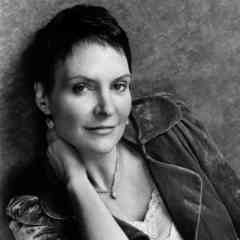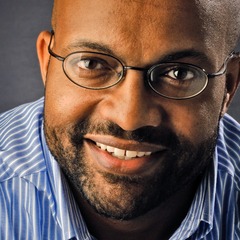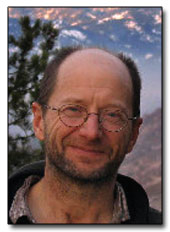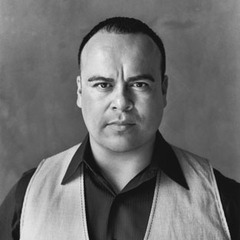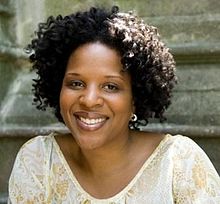Jewell Parker Rhodes quotes
-
“Women hand sight down through the generations. Mother to daughter.”
-- Jewell Parker RhodesSource : Jewell Parker Rhodes (2012). “The Marie Laveau Mystery Trilogy: Season, Moon, and Hurricane”, p.385, Simon and Schuster
-
“But you...are my sweetest gift. The life surprise that soothed all my ills and gave me my greatest joys. I feel so blessed you are mine. —Mama Ya-Ya”
-- Jewell Parker RhodesSource : Jewell Parker Rhodes (2010). “Ninth Ward”, Little, Brown Books for Young Readers
-
“The world can be a hard place sometimes... You have to have heart. You have to be strong. Parents want their children to grow up to be strong. Not just any strong, mind you, but loving strong.”
-- Jewell Parker RhodesSource : Jewell Parker Rhodes (2010). “Ninth Ward”, Little, Brown Books for Young Readers
-
“Children know you ought to be fair. Especially fifth graders. I love fifth graders. They know that bullying is wrong. They know that you should praise one another, and that differences make a strong community. So sometimes I feel as though I can't wait for the fifth graders to grow up and rule the world.”
-- Jewell Parker RhodesSource : Source: www.hbook.com
-
-
“I'm connected to the event of 9/11 by my desire to do something to honor the 9/11 survivors and those who didn't survive. Something that moves our society forward, something that engages children in what it means to be a citizen and encourages them to love and be inclusive. Because if we don't live our lives well - if I don't live my life well - it's an affront to all the people who were involved in the tragedy of 9/11.”
-- Jewell Parker RhodesSource : Source: www.hbook.com
-
“I wanted kids to have context for seeing the horrible footage of 9/11. I wanted them to feel the patriotism that united us, the sense of inclusivity, of not discriminating against religions. I want that feeling back, and I want to remind kids - and all of us - that we have a tremendous power when we remember our history and our founding principles.”
-- Jewell Parker RhodesSource : Source: www.hbook.com
-
“My daughter is not an object to flash around or a prized item to put on display.”
-
“The only day in your life.... Your mother smiled when you cried...”
-
Source : A. R. Ammons (1996). “Set in motion: essays, interviews, and dialogues”, Univ of Michigan Pr
-
Source : "'Literature about medicine may be all that can save us'" by Andrew Solomon, www.theguardian.com. April 22, 2016.

You may also like:
-
Antonya Nelson
Author -
Gail Tsukiyama
Novelist -
Gary Soto
Author -
Gloria Naylor
Novelist -
Jabari Asim
Author -
Lee Gutkind
Writer -
Lorna Dee Cervantes
Poet -
Marita Golden
Novelist -
Melissa Pritchard
Short story writer -
Pat Mora
Author -
Rick Bass
Writer -
Rigoberto Gonzalez
Writer -
Rita Dove
Poet -
Rita Williams-Garcia
Writer -
Ron Carlson
Novelist -
Steve Almond
Writer -
Tananarive Due
Author -
Tayari Jones
Author -
Andrea Davis Pinkney
Author
